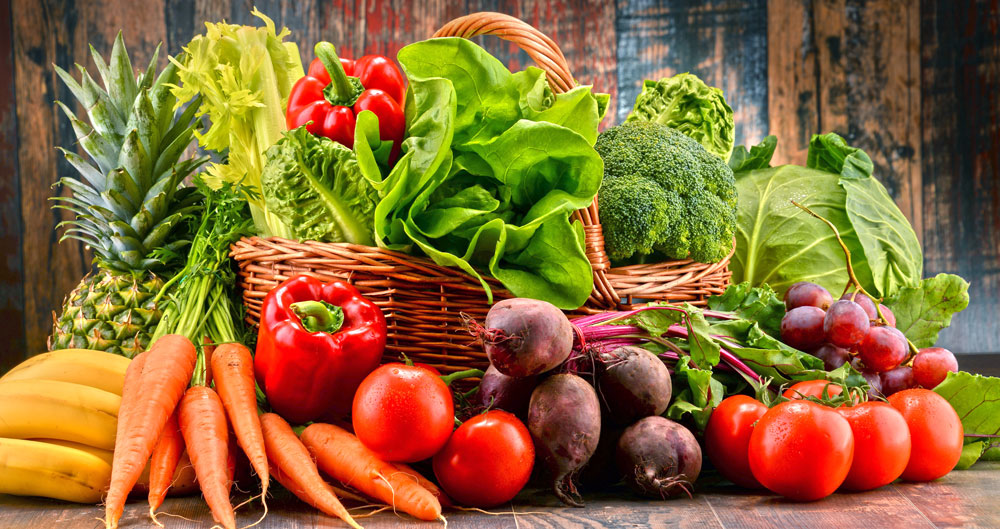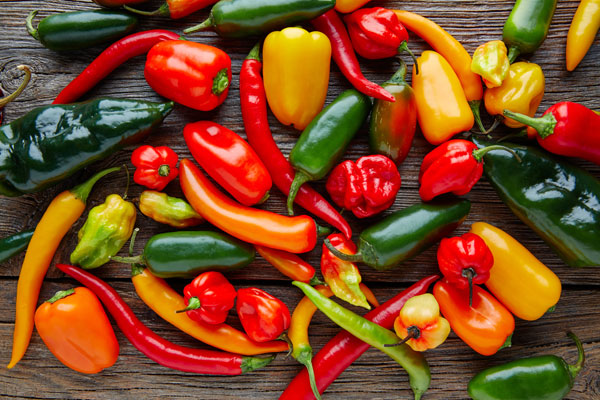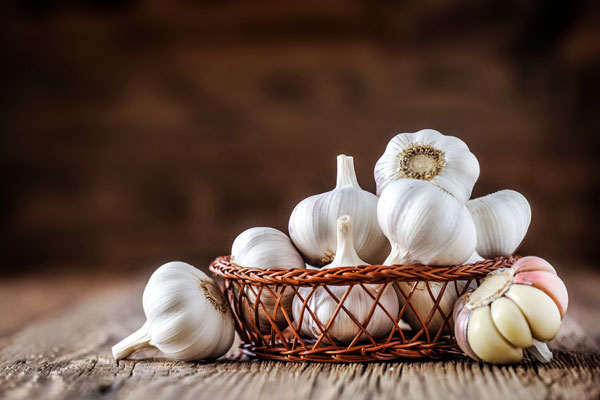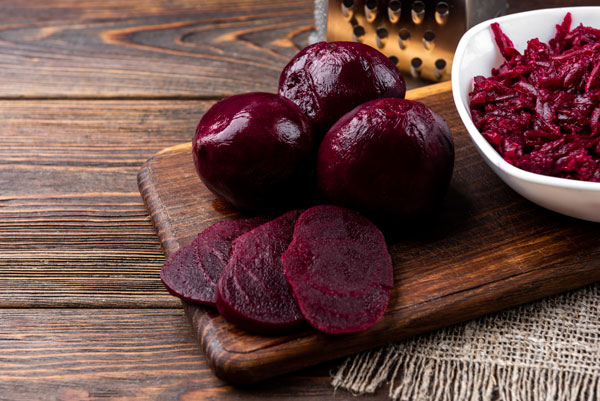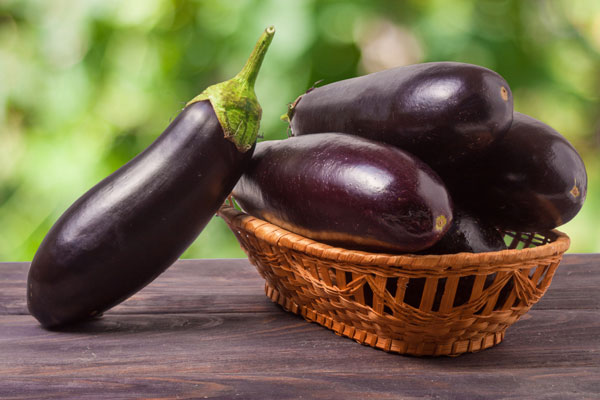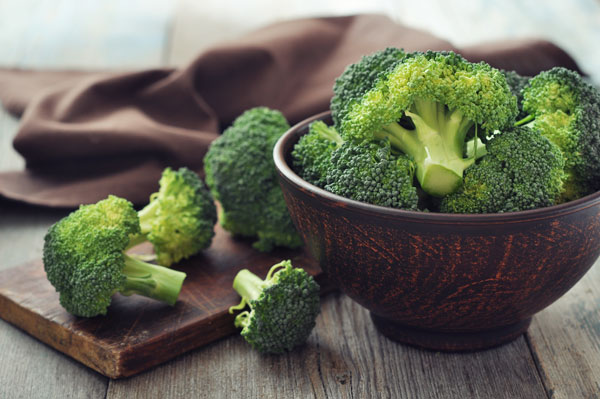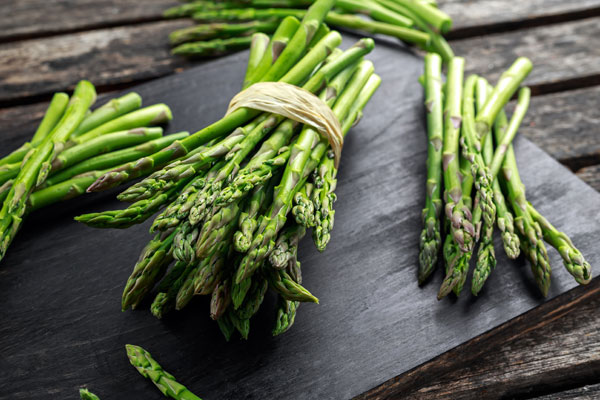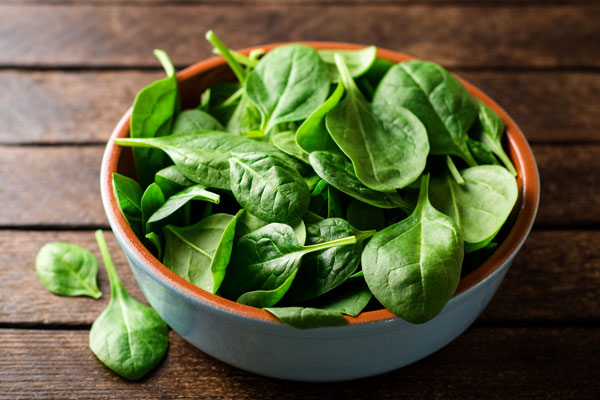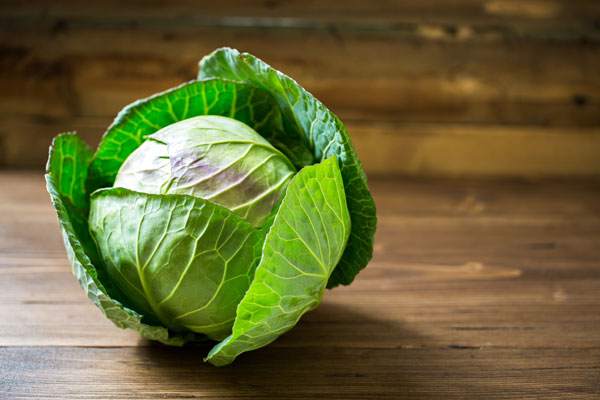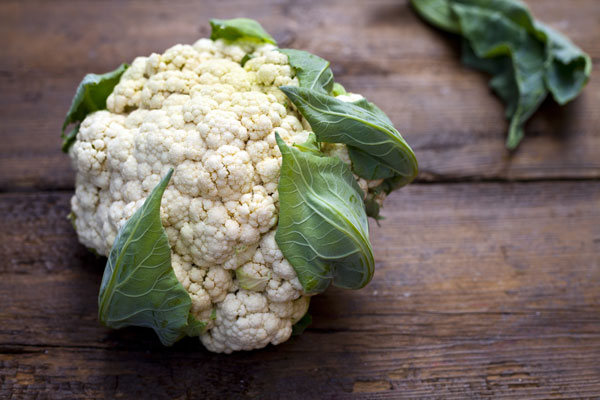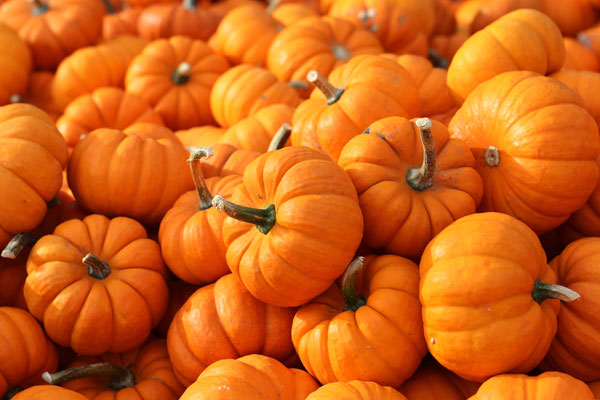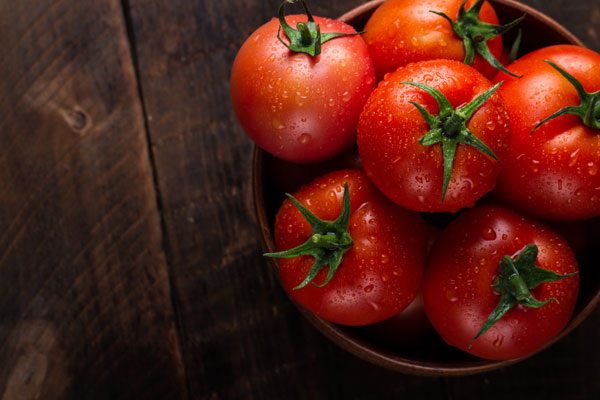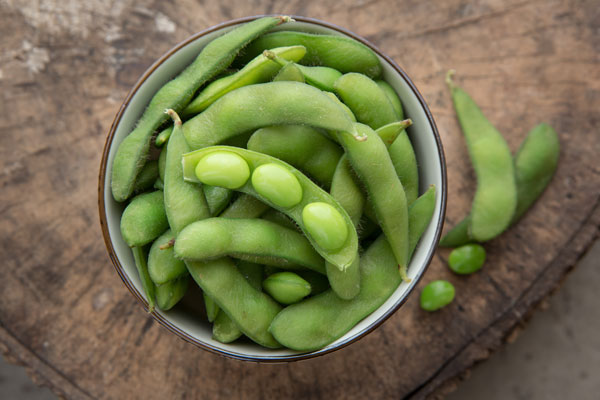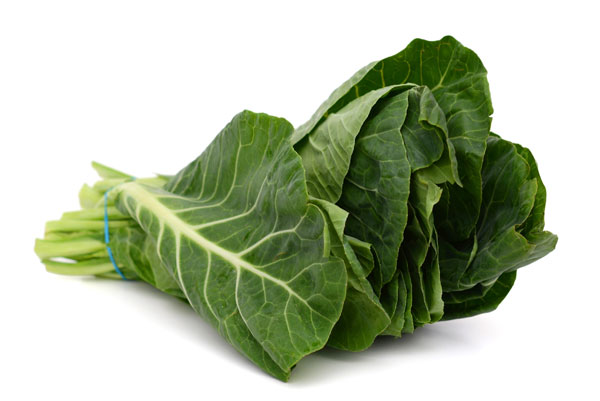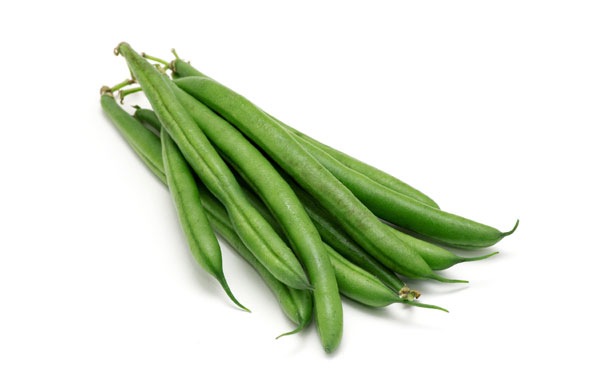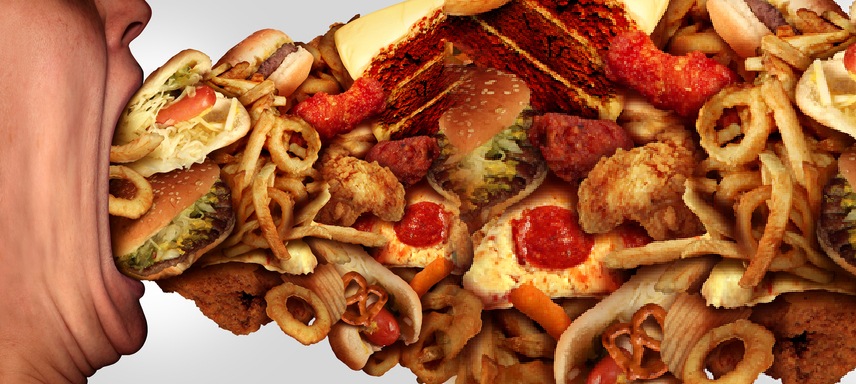Nutrition and health expert Manisha Mehta tells you which vegetables can boost your health and keep your heart in shape
Vegetables are an important part of a healthy diet. People who eat more vegetables as part of their overall diet are likely to have a reduced risk of acquiring chronic diseases. Vegetables are low in calories and provide the essential vitamins, nutrients, and minerals that a body requires.
Here are 17 vegetables that will keep your heart healthy.
# 1 Ginger
Ginger is a popular ingredient in Asian cooking. Did you know ginger is actually a vegetable and not a spice? It contains Gingerol, a substance with powerful anti-inflammatory and antioxidant properties. Regular consumption lowers the risk of cardiovascular diseases like high blood pressure and coronary heart disease. It also aids in digestion.
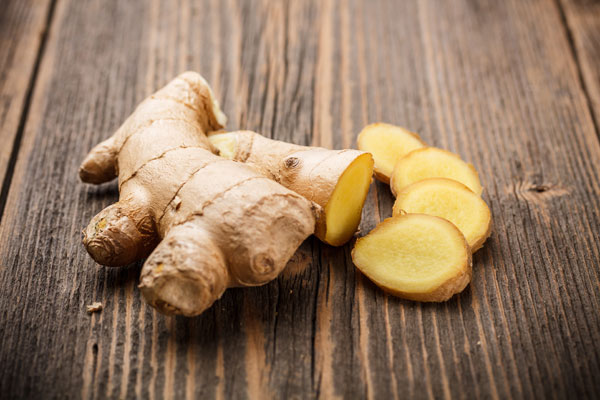
#2 Chilli & Pepper
Chilies and pepper contain a chemical compound known as capsaicin. Capsaicin helps bring down blood pressure, cholesterol levels, good for heart and boost metabolism. However, it should be consumed in moderation.
#3 Garlic
Garlic boosts immunity, improves cardiovascular health, and it is good for hair and skin.
#4 Beets
Beets come with high levels of minerals, antioxidants, and minerals. These deep red superstars can lower homocysteine levels, reduce risk for heart disease, strengthen various organs, and prevent cancer.
#5 Eggplant
Eggplants taste wonderful, and they are loaded with vitamins, nasunin, antioxidants, minerals, and flavonoids. These purple beauties help improve circulation, lower cholesterol, prevent blood clots, and bring down risk for heart disease.
#6 Broccoli
Broccoli is excellent for your cardiovascular health as the vegetable brings down cholesterol and strengthens blood vessels. Thanks to its sulforaphane content, it has anti-inflammatory properties and helps the prevention of blood sugar-related chronic problems.
#7 Carrots
Carrots are excellent heart-healthy vegetables. They help improve vision, though they also fight against free radicals and heart disease. Carrots are full of nutrients and vitamins that help combat cancer, as well as improve bone and cardiovascular health.
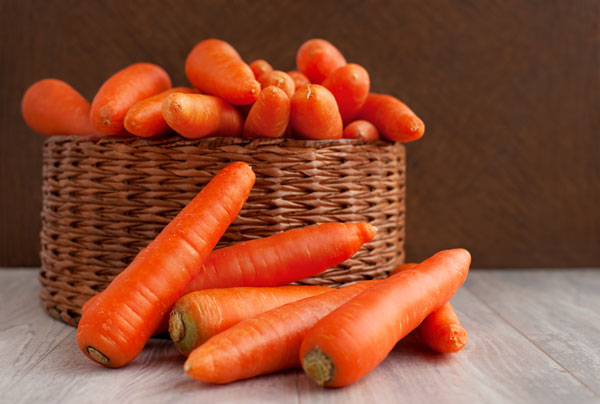
#8 Asparagus
Asparagus is rich in fiber, minerals, vitamins, and nutrients. It promotes digestive health, improves insulin levels, protects against various diseases, and lowers the risk for high blood pressure.
#9 Spinach
This leafy vegetable is the best source of vitamin K, ultimately helping the prevention of blood clots and the development of stronger bones. It is also full of potassium, fiber, folate, and lutein that helps promote cardiovascular health.
#10 Sweet Potato
Sweet potato is a super food that makes for an excellent source of potassium. It helps reduce blood pressure by ensuring fluid balance in the body. Moreover, sweet potatoes help in the regulation of your heartbeat.
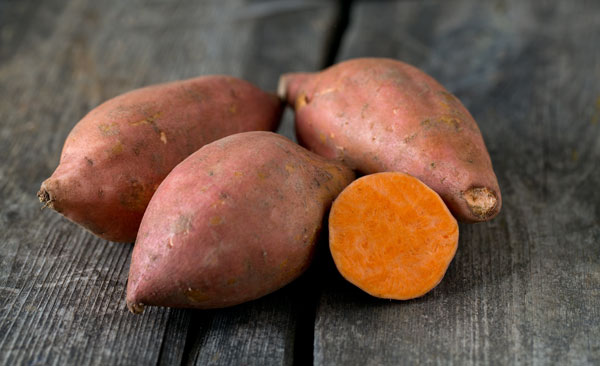
#11 Cabbage
Cabbage is packed with vitamin c, an array of minerals, vitamins and antioxidants and a lot more. As a bonus, cabbage helps maintain healthy vision.
#12 Cauliflower
The cousin of the broccoli has some excellent benefits for your overall health. It provides high amounts of fiber, yet low amounts of carbohydrates. It keeps your bones strong and helps detoxify your body.
#13 Pumpkin
Pumpkin contains a high level of pro-vitamin beta-carotene, fibre, potassium, vitamin C and phytoestrogens. It helps in keeping blood pressure in check and fighting bad cholesterol.
#14 Tomatoes
Tomatoes are full of vitamin C and vitamin A, fibre, lycopene and potassium. They are really good for cardiovascular health.
#15 Edamame
Edamame (immature soyabean in pods) is a soy protein that fights heart disease and reduces cholesterol levels in the body.
#16 Collard Greens
Collard greens aren’t just a single vegetable – rather, there are a number of veggies that make up this family, such as kale, bok choy, brussels sprouts, broccoli, rutabaga and cabbage. These greens are a powerful weapon against heart disease, obesity and diabetes.
#17 Beans
Beans are low in fat, rich in protein, and high in fibre. They also offer many phytochemicals which is great for the prevention of heart disease.


